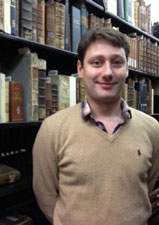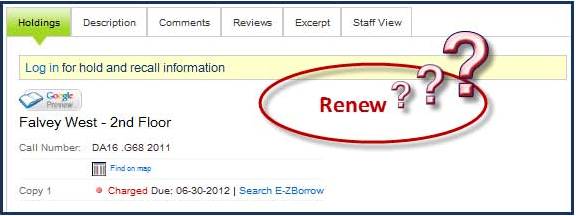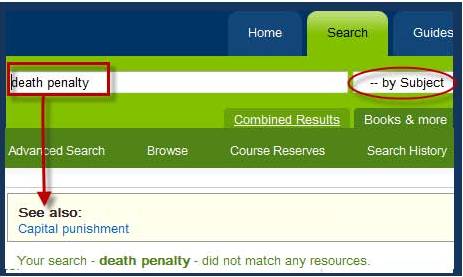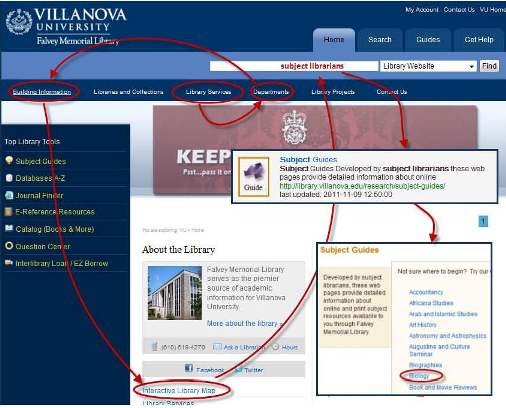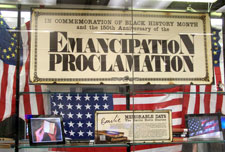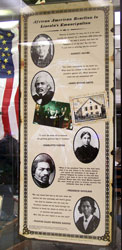IAS Summer School, University of Warwick, 15-19 July 2013
CALL FOR APPLICATIONS: Contesting Claims for Expertise in a Post-Secular Age: In Search of Intellectual Life
IAS Summer School, University of Warwick, 15-19 July 2013
The current moment seems to be one of ‘crisis’ or at least of dramatic change for the authority of academic expertise. Policy debates over climate change, embryology and the like have often seen scientific knowledge politicised, problematised and reduced in public imagination to just another partial ‘perspective’. These issues are particularly acute where scientific expertise runs up against that of, or associated with, markets. Whilst authority that is grounded in the experience of practicing natural and social science seems to flounder, authority that is associated with market forces seems only to gain in stature – despite recent disasters wrought under the watch of just such expertise. This creates and compounds a series of dilemmas for critical academic practice that are bound up with changing conceptions of what constitutes public life. The arrival of a post-secular moment in which religion has re-entered the public sphere further unsettles debates about expertise, science and religion. This summer school provides a space for postgraduate students, postdoctoral fellows and other early career academics to come together to respond to this ‘crisis’ and to think through new avenues for intellectual life, practice and collaboration – reaching across boundaries of science, religion, critique, participation, pragmatism, vitalist ethics, and explanation. Together, we will work through the challenges of the present moment and ask whether there is a conceptual language or theoretical framework for addressing such challenges beyond disciplinary divides. The summer school offers a mix of expert lectures and participant-led discussion groups as well as workshops organised by members of the Authority Research Network. For more information about the summer school, please visit our website: http://buff.ly/UzqIhe
Keynote academics:
Bob Antonio (University of Kansas), John Holmwood (University of Nottingham), Amy Levine (Changwon National University), Celia Lury (University of Warwick), Andrew McGettigan (Independent), Thomas Osborne (University of Bristol), Nigel Thrift (University of Warwick, tbc), Stephen Turner (Florida University), Sarah Whatmore (University of Oxford)
Application process:
1. Please complete an application form (attached) and return to alexander.smith@warwick.ac.uk by 5pm, March 15th 2013
2. We will consider all applications, and inform successful applicants, by April 15th 2013
3. All successful applicants will be required to register for the summer school by May 15th 2013
Registration fee: £200 to include accommodation and food for the duration of the summer school. Applicants are required to cover their own travel costs.
Bursaries: We have some money available for fee waivers and travel bursaries. If you would like to be considered for either or both of these, please indicate this on the application form. Our resources are limited, and we will prioritise those applicants without sources of institutional support.
Organisers:
Alex Smith, Claire Blencowe and Gurminder K. Bhambra, Department of Sociology, University of Warwick
Dr Julian Brigstocke
Lecturer in Human Geography
School of Geography, Earth and Environmental Sciences
Plymouth University
Plymouth PL4 8AA
United Kingdom
e: julian.brigstocke@plymouth.ac.uk
t: +44 (0)1752 584977
http://www.plymouth.ac.uk/staff/jbrigstocke
www.authorityresearch.net
